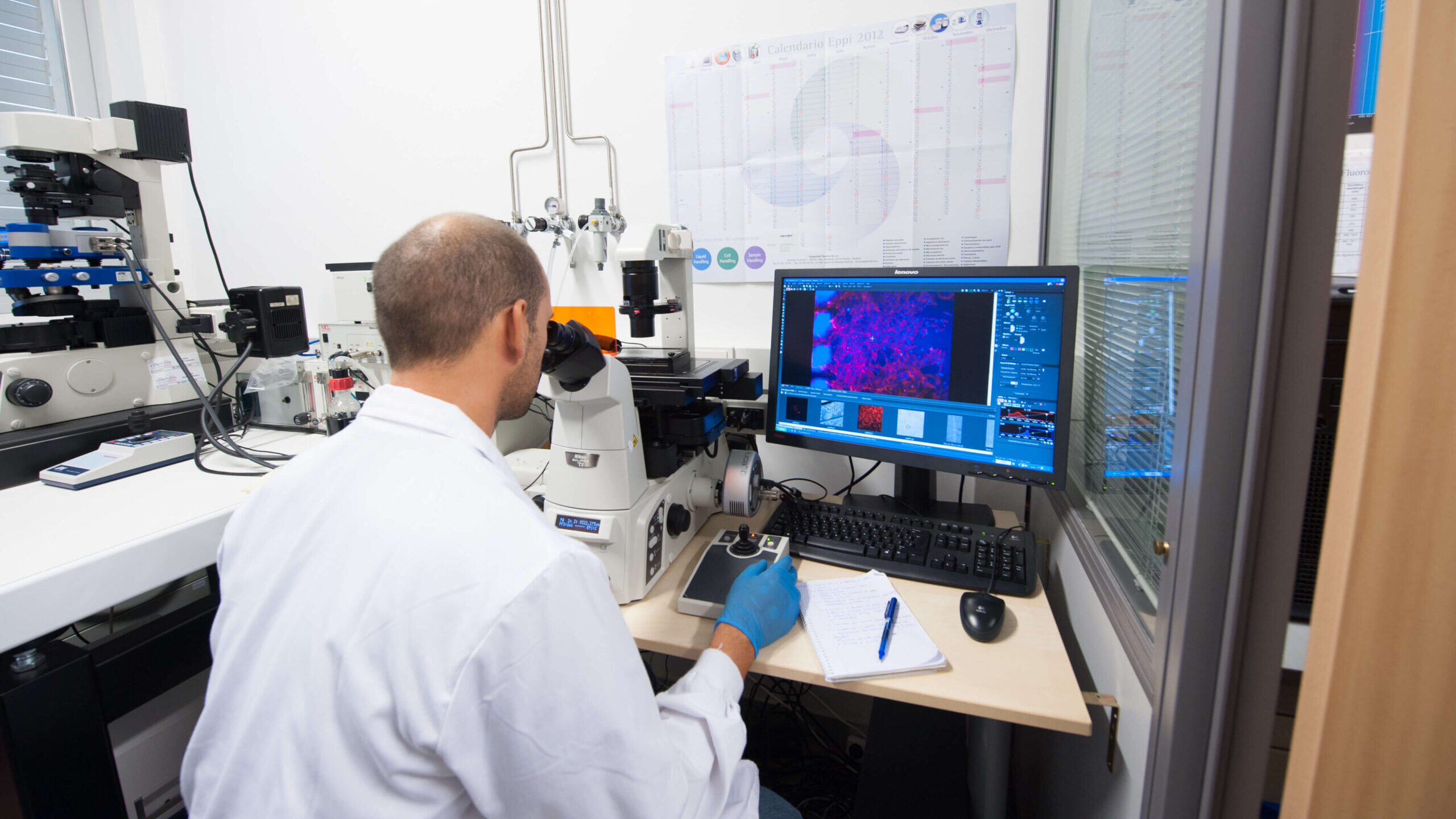Ph.D. Program in Biomedical Engineering
Home
The PhD program in Biomedical Engineering is jointly organized by the Polytechnic University of Catalonia and the University of Zaragoza. It has been offered since academic year 2003-04 and is currently regulated by an agreement signed on October 2, 2020.
The students of the program can enroll in either of the two universities, on which they will depend administratively, and they can take any course or activity from the offer of the interuniversity program. Information about the program at the UPC can be found at this link. The joint doctoral program also has a collaboration agreement with the Polytechnic University of Madrid for academic cooperation with its PhD Program in Biomedical Engineering.
In the documentation page you can read the mentioned agreements.



The PhD Program obtained the Quality Mention from the Ministry of Education (MCD2003-00157) from the first edition and for all of the following years: 2003, 2004, 2005, 2006, 2007, 2008, 2009, 2010. Subsequently, it obtained the Mention of Excellence (MEE2011-0509) valid for the years 2011, 2012 and 2013. In 2009 it was verified as a PhD program in accordance with RD 1393/2007, and later in 2012 the program accreditaion was again renewed.
In the quality page you can read the mentioned evaluations.
In 2019, the Program obtained the renewal of the Accreditation, obtaining the qualification WITH EXCELLENCE by the AQU in the follow-up of 2020.

Training
For those students who have completed the master's degree in Biomedical Engineering, the program will consist of carrying out and defending a doctoral thesis, as well as carrying out training activities during each year, which will be reflected in the Activities Document.
To those students who come from other previous studies, the Academic Committee of the Doctorate Program will assign credits of complementary training from among the courses offered in the University Master's Degree in Biomedical Engineering.
The research groups that support the program are largely linked to the Research in Biomedical Engineering (CREB) and the Institut de Bioenginyeria de Catalunya (IBEC) of the UPC and the Aragon Institute for Engineering Research (I3A) of the UZ, respectively. Many of the research groups belong to the Center for Biomedical Research in Network Bioengineering, Biomaterials and Nanomedicine (CIBER-BBN) of the Center of the Carlos III Health Institute, with access to the ICTS NANBIOSIS of the CIBER-BBN.
The program allows training in research topics by completing a doctoral thesis in any of the following fields: biomechanics and biomaterials, Tissue Engineering, mechanobiology, microfluidics, biomedical instrumentation, analysis of biomedical signals, modeling and biosystems simulation, medical robotics, medical imaging, radiation dosimetry, etc.


